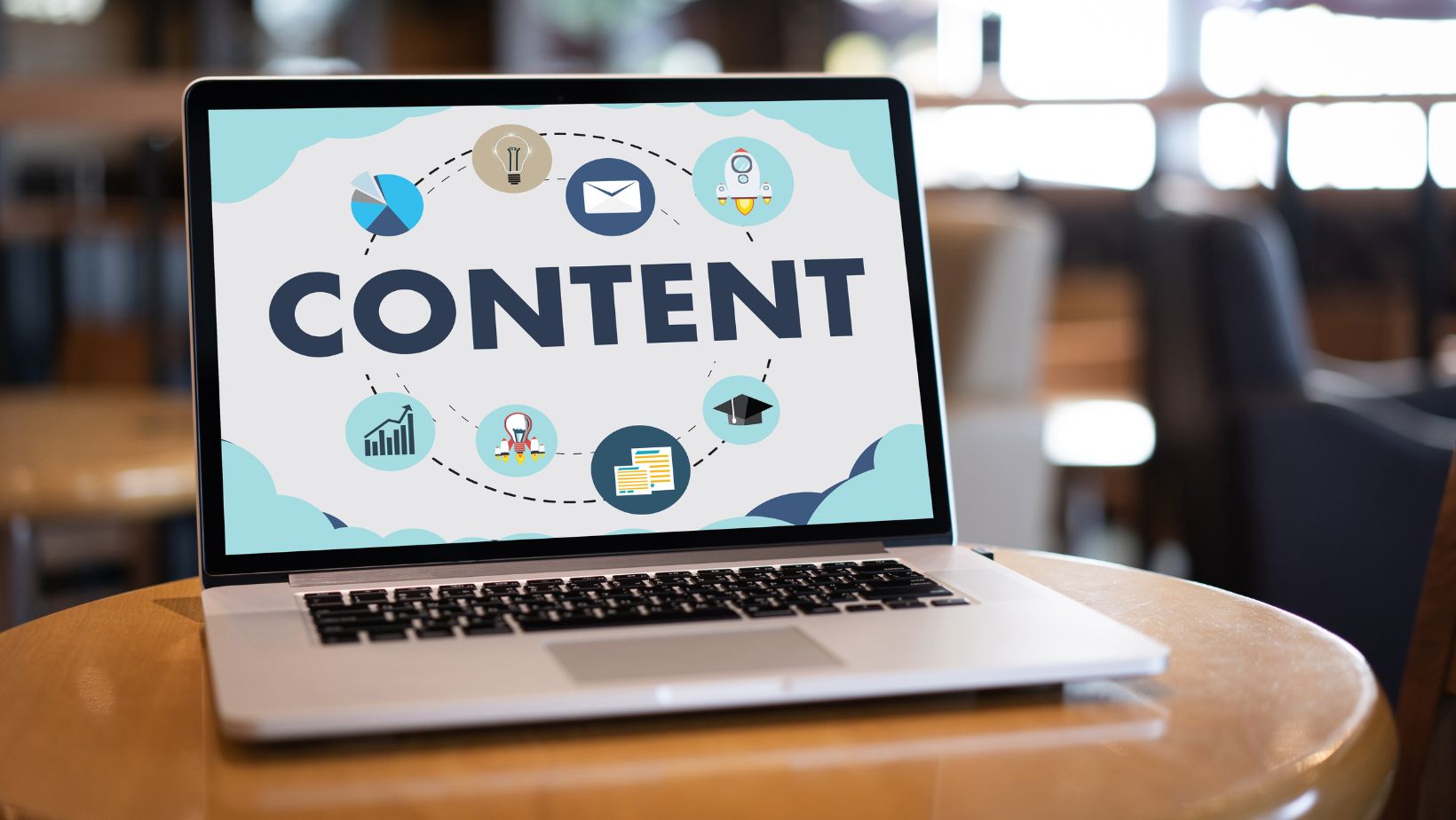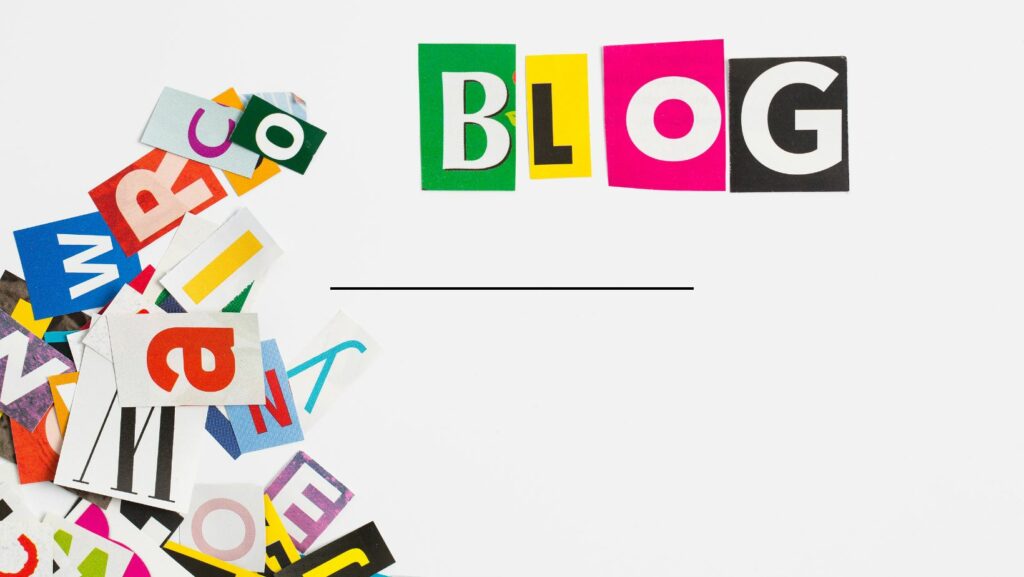Is Blogging Dead, those who’ve been in the game for a while know better. They understand that blogging, like any other medium, evolves with time. It’s not about whether Is Blogging Dead; it’s about how it’s changing to fit into the current digital landscape.
Is Blogging Dead
In the earliest days of the internet, blogs were digital diaries. Anybody who’d a desire to express themselves or share details about their daily lives could do so online. As the 2000s rolled on, blogs became an outlet for professionals to share insights into their fields. Lifestyle bloggers, food bloggers, technology bloggers – you name it, they were out there carving a niche for themselves.
Then came the arrival of social media. Facebook, Twitter, Instagram and LinkedIn began to draw users’ attention with their instant nature. Microblogging on these platforms became the go-to for many people as it offered a quick, easy way of sharing snippets of information. Long-form content seemed to be on the back burner. Many believed this to be the death sentence for blogging.

However, blogging proved its resilience. It evolved and adapted to the instant gratification era. It morphed into something that not only offered personal insights but also actionable, valuable, and in-depth information that readers couldn’t necessarily find in a 140-character tweet or a flashy Instagram post.
Today, blogs have become a staple of the digital world, playing an important role in SEO strategies. They help websites improve their online visibility, create brand awareness, and generate leads. Factual information, insightful viewpoints, and unique content are the hallmarks of successful blogs in the current digital age.
Impact of Social Media on Blogging
In the early days of blogging, it was quite a standalone activity. People logged in to their favourite blogs to read updates, gain knowledge, or just to pass time. Yet, the way people consume content changed tremendously with the advent of social media.
Social media platforms like Facebook, Twitter, and Instagram started dominating the digital landscape, presenting a more instantaneous way for people to share and receive information. Bloggers were quick to get onboard this changing trend. Instead of seeing social media as a threat, they tapped into these platforms to drive traffic to their blogs.
Blogging and social media have since formed a symbiotic relationship. Bloggers use social media to promote their posts and interact with their audience. They’ve learned to create curiosity-inducing social media posts that lead followers back to their blogs. On the other hand, social media users often find blogs via shared links, boosting discovery for niche blogs that may not have a robust SEO strategy yet.
Let’s delve a bit more into the statistics. According to a survey conducted by Orbit Media, 94.7% of bloggers promote their posts on social media. This clearly signifies the importance of social media as a promotional tool for blogs.

Challenges Faced by Bloggers
Undeniably, the rise of social media has presented opportunities for bloggers. It’s also created a number of significant challenges that can test their resilience and creativity.
One of the main issues bloggers face is content saturation. With millions of posts shared daily across multiple platforms, it’s become increasingly difficult to stand out. Creators need to regularly produce engaging, high-quality content that’s not only informative but also encourages their audience to interact and share the content on their own social media profiles.
Additionally, there’s been a notable shift in audience expectations. Today’s readers are hungry for fresh, personalised content, and this demand puts pressure on bloggers to consistently come up with unique ideas. They’re expected to maintain a regular posting schedule, while also ensuring their content is topical, meaningful, and aligns with their audience’s evolving interests and needs.
Another persistent challenge is the changing algorithms of social media platforms. These algorithms determine which posts get visibility and reach. They’re frequently updated, often prioritising posts from friends, family, and advertisers over those from bloggers. Staying updated with these changes while ensuring visibility can be a daunting task for bloggers.
Let’s not forget about managing audience feedback. The instant feedback nature of social media is a double-edged sword. While positive feedback can boost a blogger’s confidence and popularity, negative ones can influence public opinion and affect the blogger’s morale.



